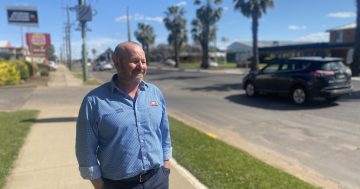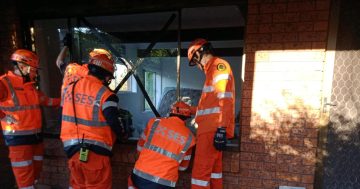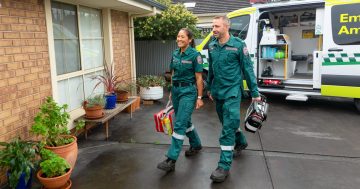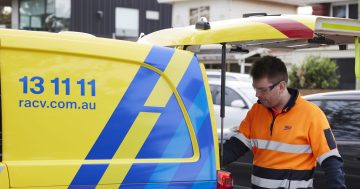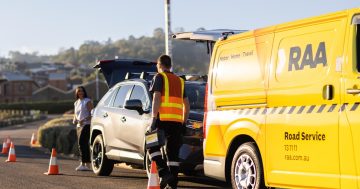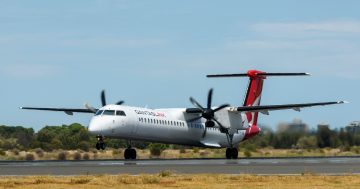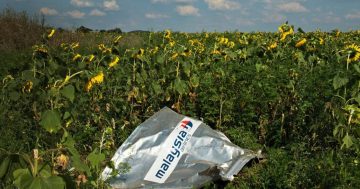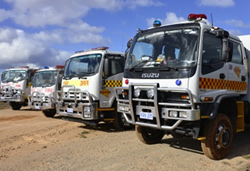 South Australia’s emergency services have adjusted their responses to the fact that more than 70 per cent of lives lost on South Australian roads are in regional areas.
South Australia’s emergency services have adjusted their responses to the fact that more than 70 per cent of lives lost on South Australian roads are in regional areas.
Describing the outcomes as ‘shocking statistics,’ the services have promoted more crucial road safety messaging.
The new initiative is supported by SA Police, the Country Fire Service, SA State Emergency Service and the Department for Infrastructure and Transport (DIT) and will see four Road Crash Rescue (RCR) vehicles operating in key regional areas wrapped in road safety campaign materials.
According to the State Government, two CFS and SASES RCR trucks have already been wrapped with ‘THINK! Road Safety imagery’.
It said the messaging provided key actions road users could take to keep safe, including resting every two hours, wearing seatbelts and sticking to the speed limit.
Minister for Police and Emergency Services, Joe Szakacs said the stark reminder that two-in-three deaths on country roads are country people will now be immortalised on CFS and SES vehicles that respond to the incidents.
“If you have travelled on country roads and somehow missed the plethora of billboards and proactive road safety imagery throughout regional SA, they will not miss the message when a CFS or SES truck comes past lights and sirens,” Mr Szakacs said.
“Road accidents in our regions take a particularly personal toll on our first responders, as they often attend incidents where someone involved is a friend, family member or colleague,” he said.
“This messaging acts as an ever so timely reminder to check your speed, limit distractions, wear a seat belt, take appropriate rest stops and drive to conditions on country roads.”
Deputy Chief Officer of the Country Fire Service, Georgie Cornish said the road safety messaging was a powerful reminder to country drivers that our volunteers and their specialised vehicles too frequently attend the worst moment in someone’s life.
“Our 63 specialised Road Crash Rescue brigades attend, on average, four road crash incidents every week,” Ms Cornish said.
“As regional first responders, CFS volunteers are likely to attend crashes involving someone known to them, adding to the impact these incidents have on the lives of our volunteers and their loved ones,” she said.



